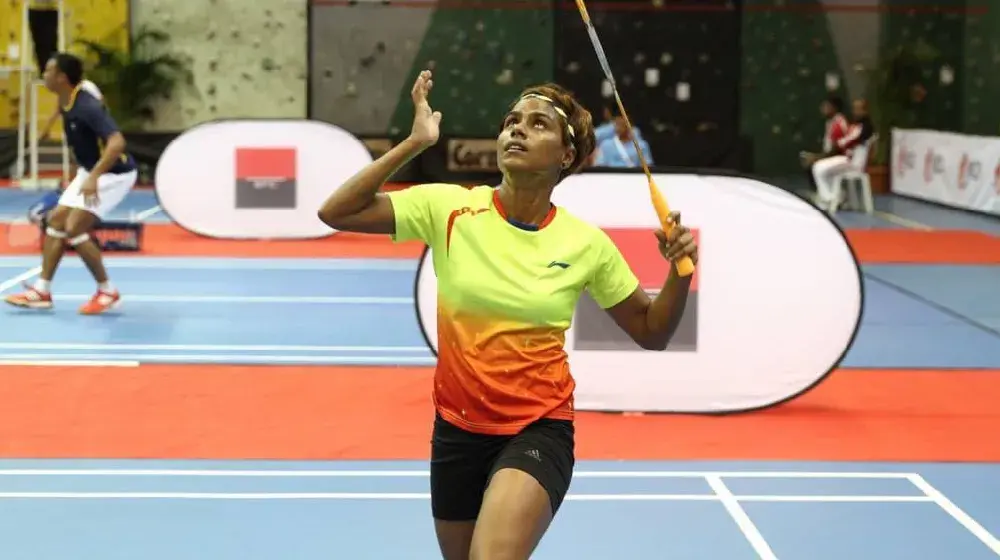UNFPA supports the consultations for a common platform to discuss challenges and opportunities for the services for domestic violence survivors protected under the Domestic Violence Act. The law enacted in April 2012 is the first law of its kind. It delineates roles and responsibilities of the state institutions to respond to domestic violence.
"We already have many services that are been provided by the various institutions" said Ms. Aminath Eenas, the Chief Executive Officer of the Family Protection Authority - the authority formed by law to enforce and coordinate the services of the state institutions. "Having a law does not necessarily translate to better services" she said. "When we started, many institutions including the courts were unaware of the existence of such a law while many others believe that the law is in conflict of other laws including the principles in Shariah". With UNFPA's support the authority printed and disseminated copies of the law to law enforcement institutions and the magistrate courts to increase awareness of the law.
UNFPA also supported the review of the Domestic Violence Act to identify the challenges in applying the law. Following the review a commentary on the Act was developed and an exercise to map existing services was carried out. All of these findings will inform the development of the National Strategy.
Family Protection Authority is a strategic partner of UNFPA. UNFPA has supported the authority to build capacity to prevent and respond to domestic violence. Records show one in three women have experienced either physical or sexual violence at least once in their life time.




